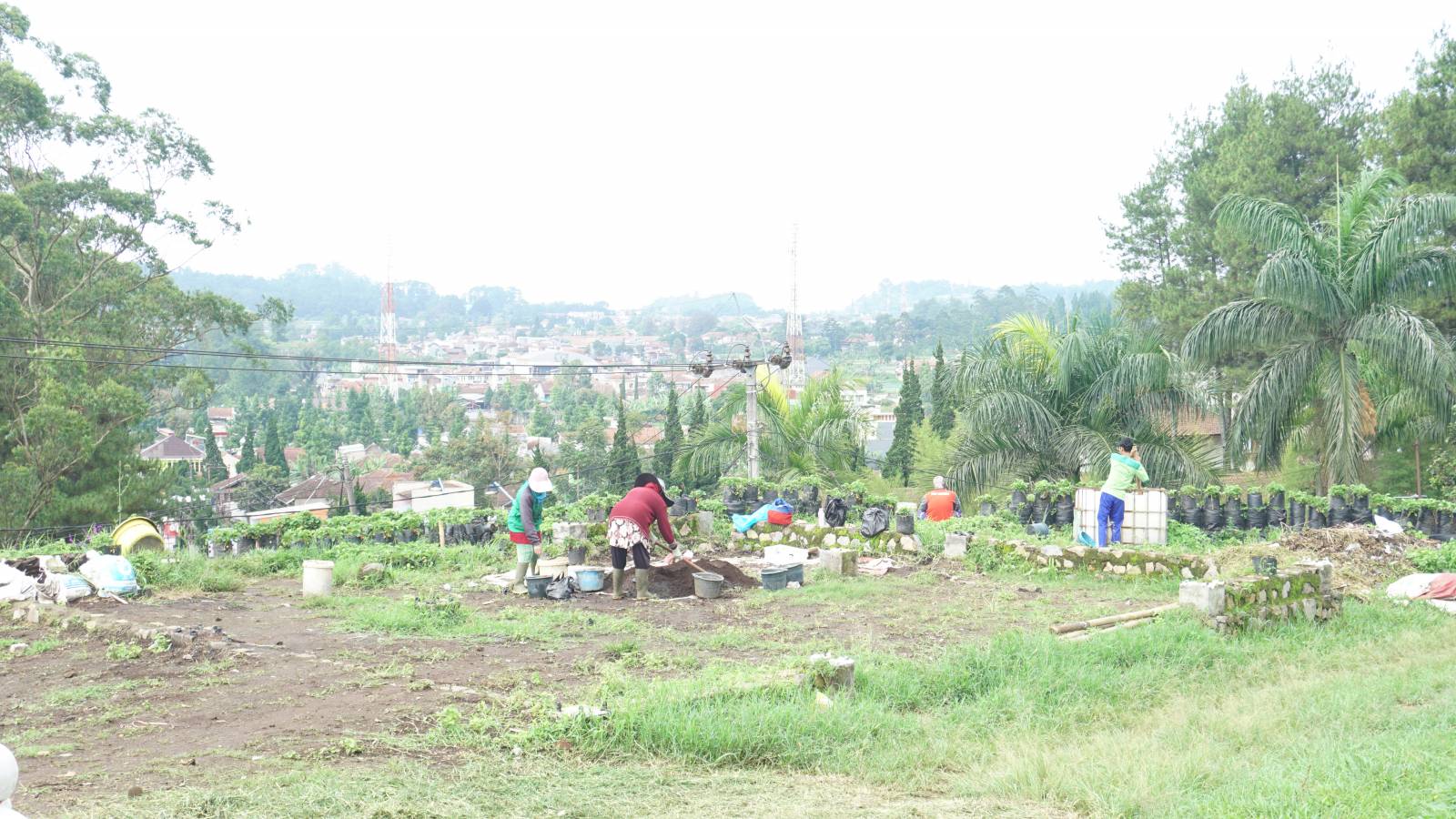The essential element in addressing climate change as one of the most urgent global challenges is education and in its central is curriculum. While climate change is widely acknowledged as a significant global challenge, curriculum design for CCE has not been responded properly and the effective strategies for addressing climate mitigation and adaptation have not been fully developed. By focusing on the curriculum as a central guiding document for education, we can empower educators and educational designers to craft curricula that are more contextually relevant, accessible, and effective.
The growing need for more concrete educational perspectives on climate change inspired the idea of designing and implementing the course “Curriculum Development for Climate Change Education in the Global South”, funded by the UniPID, to be implemented three times (from 2021 to 2023). Professor Eero Ropo was the main instructor and Dr. Golaleh Makrooni was the co-teacher and coordinator for the course. This course aimed at developing a more comprehensive understanding of climate change education through enhancing curriculum design capacity for curriculum designers and teachers in different levels – from basic education to secondary and vocational education – in climate change education. The course attracted participants from both Finland and diverse countries worldwide, with a notable concentration of participants from Indonesia. This strong Indonesian representation was a result of prior relationships and collaborations established by Tampere University with Indonesian universities and Sukam Bangsa school foundation in Aceh. The course’s participants came from a variety of disciplines, but the majority were in the field of education. Among the Indonesian participants, the majority were teachers from junior and senior high schools affiliated with Sukma Bangsa schools in Aceh.
Identity and climate change education
The course is based the idea of ‘reconceptualizing the curriculum’, which means understanding the curricula from multiple perspectives, such as cultural, social, and autobiographical. The course prioritized the role of identity in narrative learning, teaching, and curriculum for climate change education. Climate change education is more than just learning about the content and facts of climate change; it is interdisciplinary and aims to support transformation and active citizenship. Personal identities, values, and beliefs are closely linked to individuals’ readiness to address climate change. If people cannot connect with how climate change might affect their lives and matters that are important to them, they do not know how they would personally respond to climate change. In a sustainable world, caring for nature and being responsible for it should be an essential part of our identity, and we should turn to local conditions, values, and available resources to achieve this.
Local to global perspectives through narrativity
The course emphasized developing a global perspective, by understanding the phenomenon first at the local level through a narrative approach. This pedagogy recognizes that regional and local knowledge not only highlights the challenges, but also taps into valuable local resources and knowledge. Narrative approach can be helpful for these purposes. It can be used in a variety of ways in the classroom and in combination with different subjects. Teachers can use narrativity to promote critical thinking in students, to help them rethink and challenge their perceptions of the environment and the impact of climate change on their individual and collective lives in society, and to identify and discuss new solutions and behavioral patterns and strategies.
Positive outcomes
Participants of the course have shared their positive feedback, emphasizing the profound impact of the program on their understanding of climate change, its relevance to their daily lives, and its global significance. They’ve also developed an increased sense of personal responsibility for fostering a better world in the face of climate change. In September 2023, we hosted a School Director from Sukma Bangsa Lhokseumawe, Aceh, Indonesia, as part of our course in Tampere. Many Indonesian teachers participated. According to Zubair, he found the course content, environment, and assignments beneficial. He believes education can shape behavior to prioritize environmental protection. He also stressed the need for climate change education to go beyond schools and be integrated across various disciplines, highlighting the potential for collective action to address the climate crisis through diverse approaches. For additional details from this interview, please visit the provided link Empowering Schools for Climate Education: An Interview with Zubir Agani and Dr.Golaleh Makrooni. — UniPID
Text by Golaleh Makrooni

